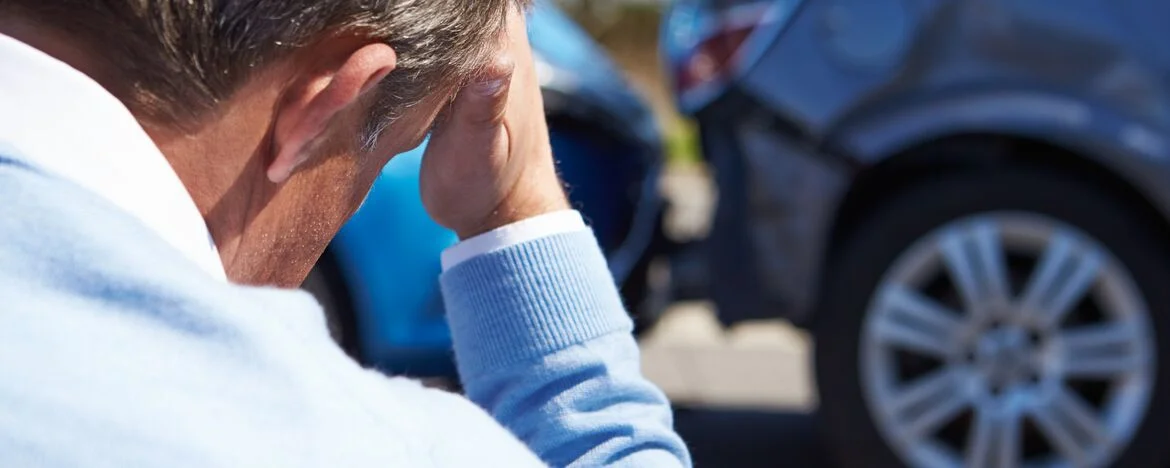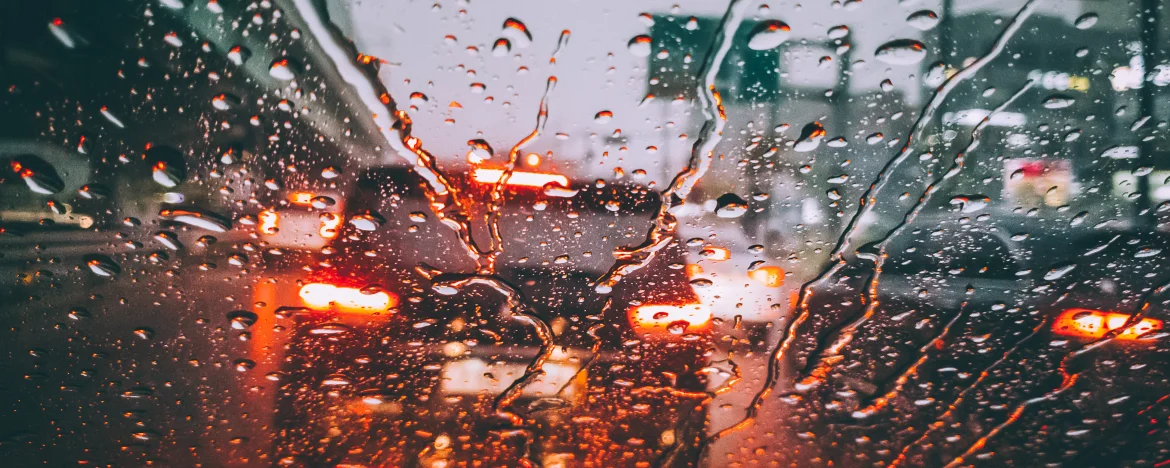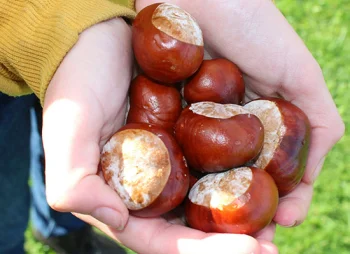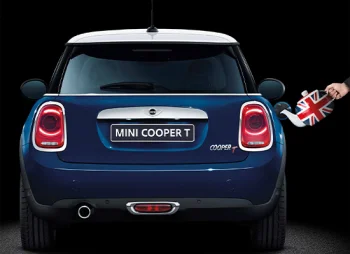Brake checking is dangerous, reckless and a punishable offence.
In the best case, it’s road rage gone too far. Worst case? Someone’s targeted you for an insurance scam. Whatever the reason, brake-checking other drivers is a one-stop shop for causing a crash on the road.
Alright, social media algorithms determine a lot of what we see on our screens – but lately, it feels like a constant barrage of dashcam footage showing inexplicably stupid crashes happening on the road.
With such an influx of footage online, it’s easy to think that driving standards are slipping.
But are they?
A post-lockdown survey by insurance specialists Compare the Market suggested that many drivers feel driving standards have slipped since the 2020 COVID lockdowns, when the vast majority of us went for an extended period of time without heading onto the roads.
Whether or not this is a true reflection of driving standards is hard to say without further research. It might just be the case that after working from home for so long, many of us have become unaccustomed to dealing with heavy traffic.
It’s a sad fact that there have always been (and probably always will be) dangerous drivers on the road. And recently, they seem to be hopping on the brake checking bandwagon.






